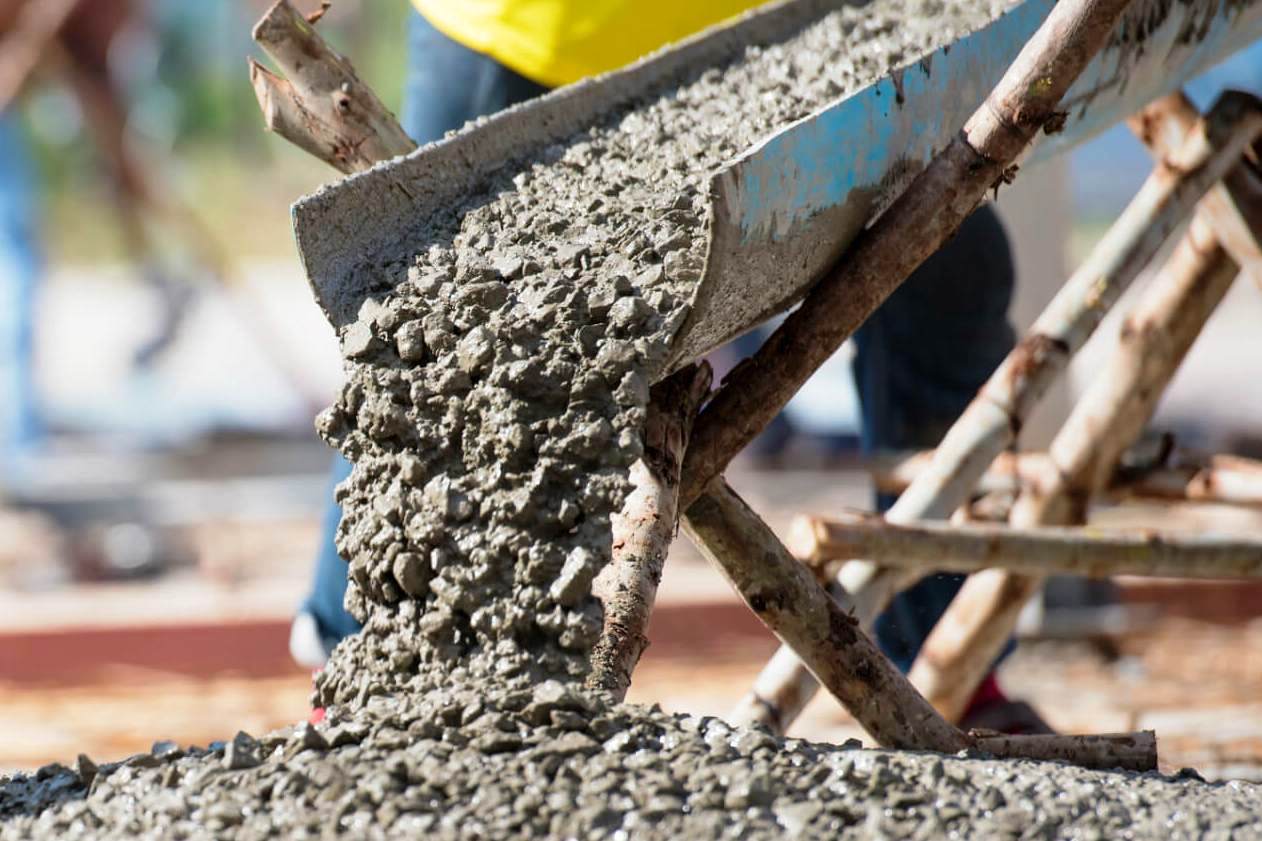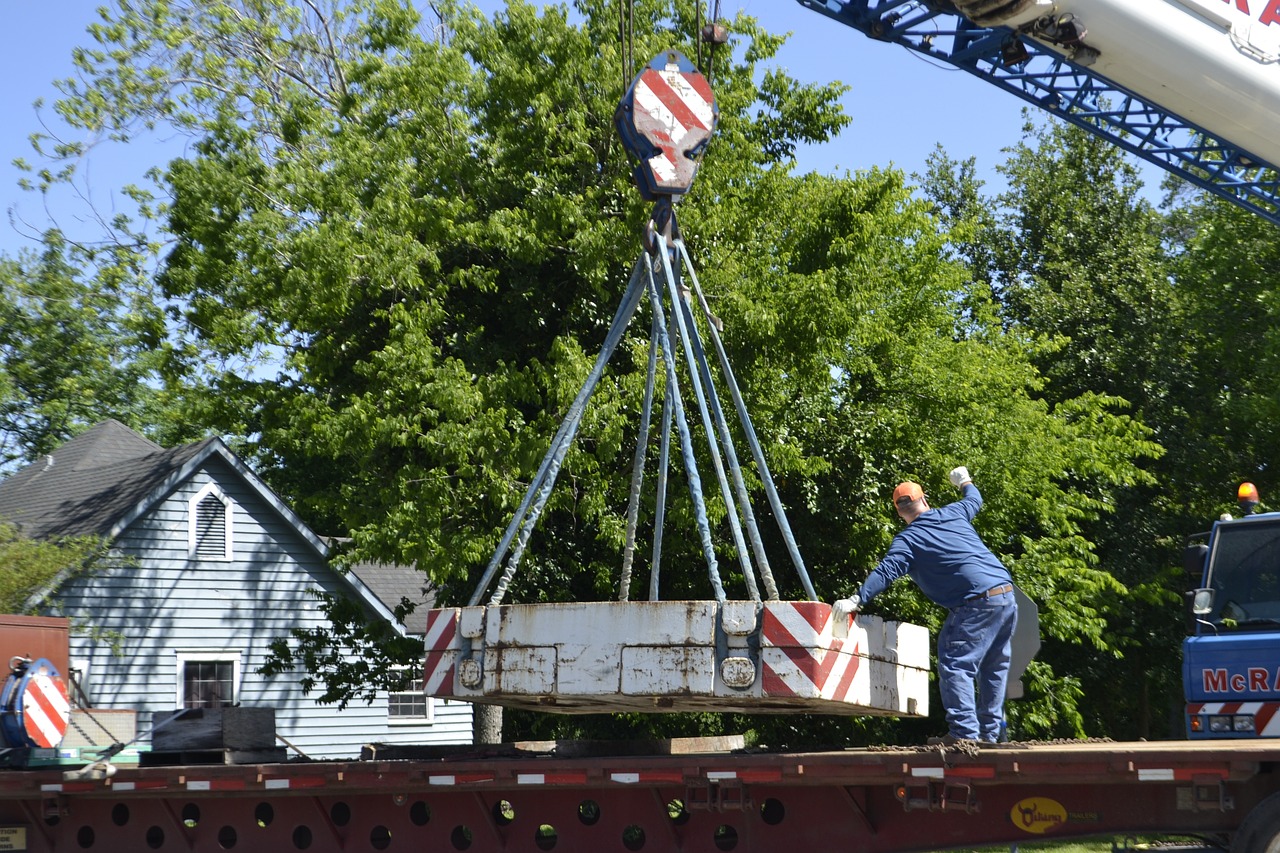Common Concrete Safety Hazards

There is always a risk to a person’s life when working near large, heavy concrete slabs. Blocks of concrete have the capacity to seriously injure people nearby from beginning to end.
A brief summary of the significant risks would be as follows.
- Mixing different risks: Breathing issues can arise from concrete dust. Aggregates, which are tiny pieces of stone, make up concrete. The minuscule aggregate dust particles can be inhaled when these stones are combined with cement.
- Pursuing risks: When concrete dries, it may become slick. A worker may slip and fall if any of the moist mixture gets on their boots or the ground. Wet cement’s alkaline qualities can also be corrosive. The chemicals in the mixture can cause third-degree burns if the cement splashes onto the skin and isn’t removed right away.
- Drying risks: Over 800 pounds is a heavy weight for a concrete slab, and it can easily topple over, shift, and fall on people nearby.
As a construction worker, almost all jobs have the potential to involve working with concrete, which raises the risk of suffering serious injuries.
Concrete Perils
Accidents involving concrete construction can occur in a variety of ways. It’s important to maintain constant vigilance when working on or near concrete in order to maximize safety. Concrete construction accidents can result from a number of frequent mishaps, such as:
- Employees tumbling onto slabs of concrete
- Slabs falling from cranes or forklifts and crushing workers.
- Workers getting pinned between concrete slabs.
- Heatstroke strikes workers cleaning truck mixer drums.
- Workers getting impaled on rebar that protrudes from slabs of concrete.
- Workers getting caught in concrete mixers or covered with concrete.
- Workers being burned or blinded by concrete chemicals.
- Workers suffering back injuries from lifting heavy concrete slabs.
It is impossible to stop some of these accidents, which are just the result of pure chance. The far more frequent scenario, though, is that someone else’s negligence directly caused these incidents and the injuries they caused.
Concrete Defense
It should come as no surprise that the Occupational Safety and Health Administration has required specific safety standards for construction workers, given the level of risk associated with working with concrete. Among these directives are:
- Hazard communication: When cement hazards are present on the construction site, employers are required to provide sufficient warning signs and guards in addition to alerting their staff to the potential risks.
- Protecting the respiratory system: When there is a chance of cement-related air pollution at the job site, employers must provide employees with face masks or ventilators.
- Protection for the ears: Concrete mixing, pouring, drilling, and cutting can be noisy operations that injure nearby people’s ears or cause permanent hearing loss. As a result, during construction and demolition, employers are expected to supply appropriate ear protection, such as earplugs and noise-canceling headphones.
- Defense of the skin: Employers are required to provide workers with alkali-resistant gloves and coveralls, as well as emergency washing stations, to prevent burns from contact with wet concrete and cement.
Regrettably, many employers neglect to take all the required safety precautions to protect their employees, even in spite of OSHA’s safety mandates. The general rule is that you should be compensated if your injury was caused by someone else’s negligence, including that of your employer or a coworker, although the liability of a workplace accident may vary depending on the specifics.
Workers’ Compensation for Concrete
Injuries from concrete construction accidents frequently have long-term effects on the victims. Workers’ compensation comes into play here. Workers’ compensation can assist victims of workplace injuries who experience both physical and financial suffering by helping them pay for:
- Thousands or tens of thousands of dollars in medical expenses
- Ongoing medical and home care expenses
- Lost pay as a result of missing work

